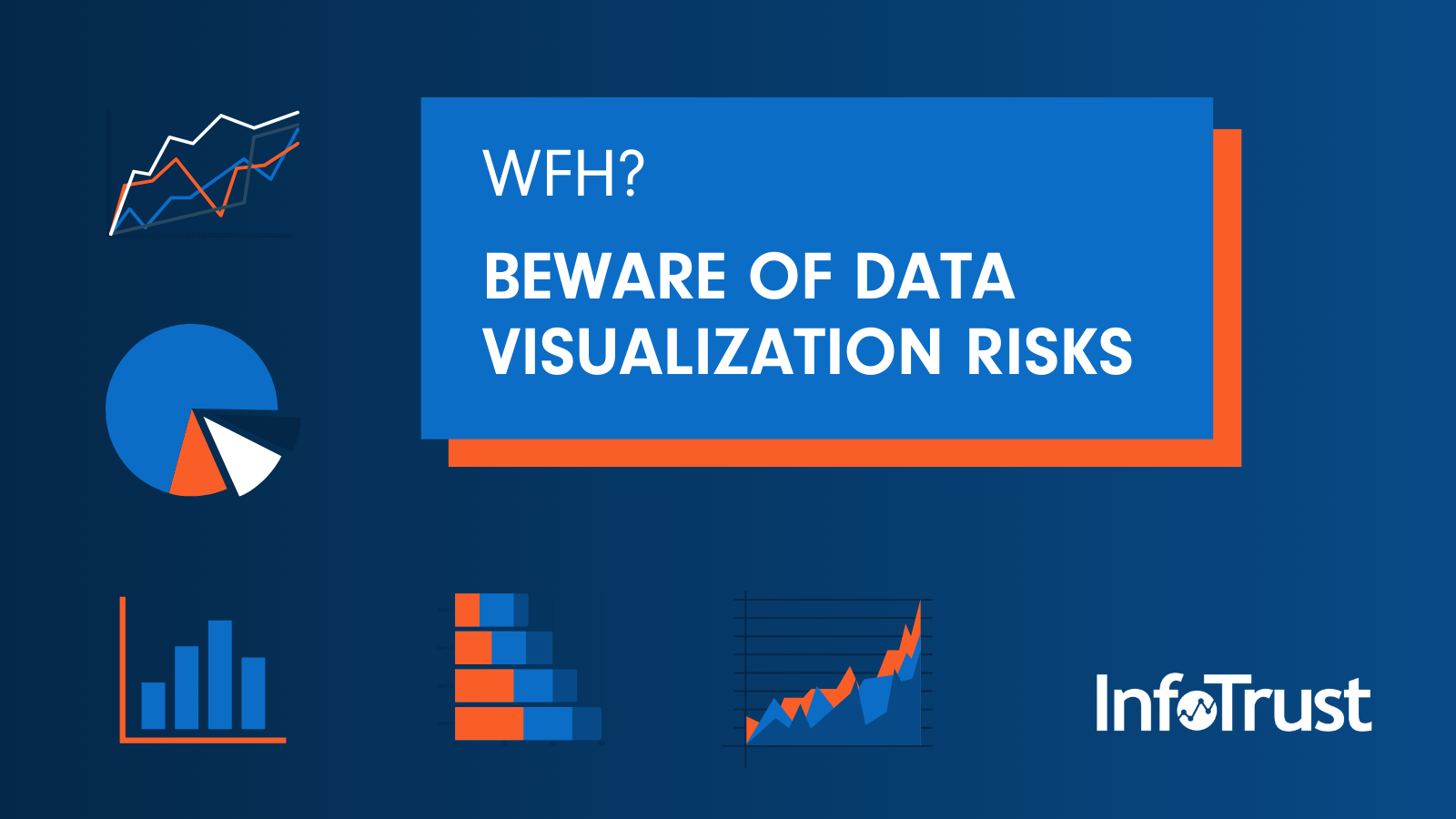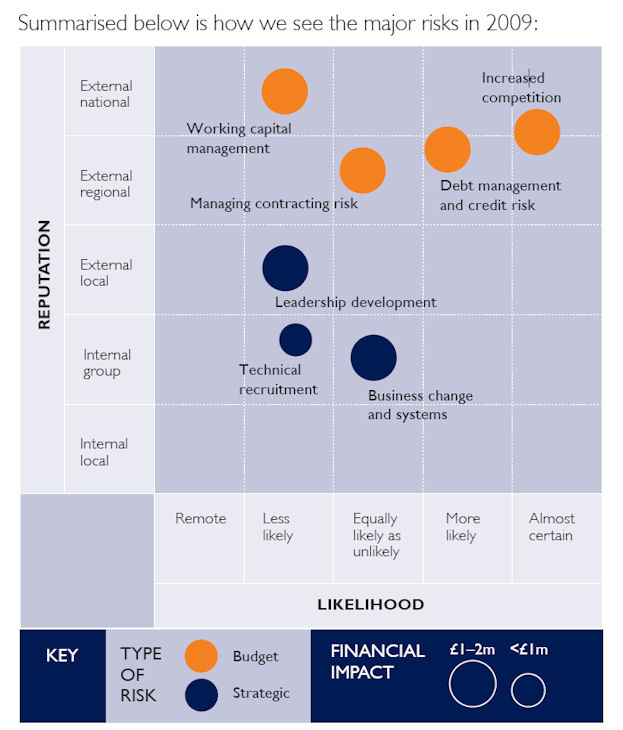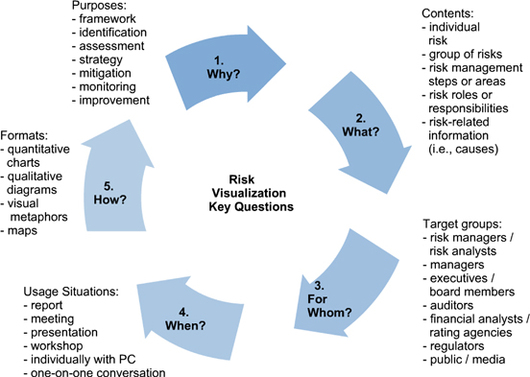

"Data availability alone is not enough," Holdren said. The emphasis now is on finding more targeted ways to adjust public policy, business plans and daily life for a lower-emission and more adaptable society. Climate Resilience Toolkit were launched to better inform and train public officials. In 2014, both the more localized National Climate Assessment and U.S. PREP also isn't the federal government's first stab at weighing in on the risks posed by climate change.Īlready upwards of 680 data sets related to climate are on the federal site.

In addition to drafting plans for transitioning the nation's energy infrastructure to renewable sources such as solar and wind, cities are increasingly looking to tools such as green infrastructure and more sustainable land development to help gird for a more uncertain future. The effort also comes as cities around the world invest, with the help of non-government funding from groups such as Rockefeller Foundation offshoot 100 Resilient Cities, in hiring chief resilience officers and publishing climate resilience plans.Ĭomplicating those efforts is that climate challenges such as pollution and property vulnerable to extreme weather often stand to disproportionately harm low-income and minority communities, making resilience as much a social issue as it is an economic and environmental one. With PREP, the idea is to centralize that data and get it into the hands of city planners, businesses and citizens seeking informed ways to bolster themselves against volatility promised by climate change. "We have a lot of data about climate risk," DuBay said.

While the conversation surrounding climate change has in years past focused on simply understanding the science behind rising average global temperatures, the emphasis with climate adaptation and resilience is acting on what we already know. "Communities across the globe are going to continue to confront, among other things, rising sea levels, increasing risks from more intense storms, more frequent and severe heat waves, more frequent wildfires." From risk to response "Even with aggressive reductions in carbon pollution, the climate is going to continue to change for some time," said John Holdren, director of the White House Office of Science and Technology Policy. The efforts are the latest of several in recent years aimed at better localizing and contextualizing data on environmental phenomena such as droughts, heat waves and food production that stand to be affected by climate change. The launch of PREP also coincided with the announcement of a joint statement of 13 countries committing to better share data on climate resilience, informing the much broader challenge of climate change mitigation and adaptation - a topic that has proved to be a perennial bellwether in global climate negotiations, often dividing rich and poor countries over who should be paying for the data reporting measures. RISK, What are you? The Risk Management Poem: Children's Book for all Professionals.The project was announced at a joint White House Office of Science and Technology Policy, World Resources Institute and State Department event late last week in Washington.Ī range of government agencies and corporations - NASA, Microsoft, NOAA, Amazon, Google - were among the initial partners that developed the beta version of the PREP site, designed by data visualization company Vizzuality, currently being tested.Schedule Quantitative Risk Analysis (Traditional Method).ISBN 978-0-994.Canada.completed and lastly, a 100 column stack chart to.
Visualize risk how to#

Some people are in dirty floodwater conjure up the chances of diseases eventually contracted by them. In any case, that is still a risk you might want to consider. If you are on a sturdy boat taking this picture, the possibility is little that you will consequently end up in the water.


 0 kommentar(er)
0 kommentar(er)
